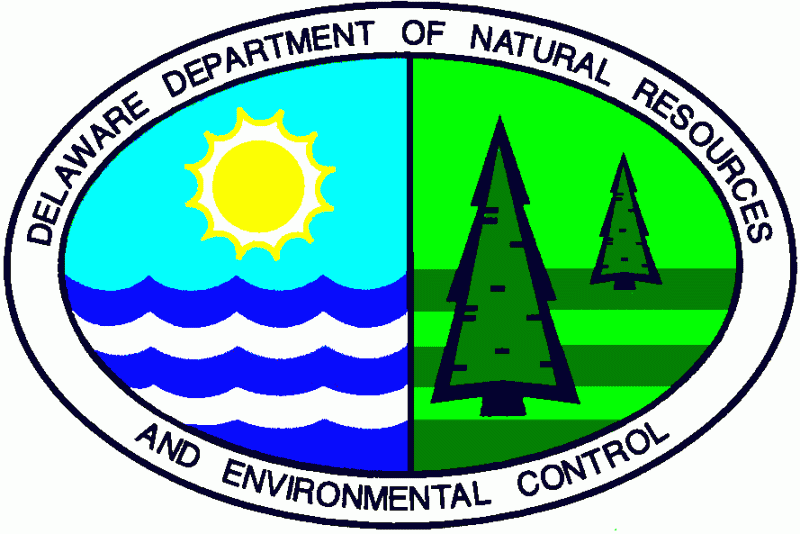The Bullet:
A hospital in Dover, DE was cited for multiple violations of state regulations by the DNREC.
Who:

Bayhealth Kent General Hospital. A Large Quantity Generator of hazardous waste and a Small Quantity Handler of Universal Waste.
Delaware Department of Natural Resources and Environmental Control (DNREC)
DNREC Contact: Ferree, Melissa A
DNREC Contact Phone: (302) 739-9403
What:
A generator of hazardous waste and a handler of universal waste is subject to regulations (based on the Resource Conservation and Recovery Act or RCRA) for the cradle to grave management of that waste.
Where:
Bayhealth Kent General Hospital is located at 640 South State Street Dover, DE 19901
When:
Date discovered: July 31, 2014
Enforcement Action served August 22, 2014
Why:
The hospital was cited for the following violations of state regulations based upon the Resource Conservation and Recovery Act (RCRA):
- Containers of hazardous waste were not marked with accumulation start date.
- A list of personnel names and job titles was not maintained as part of the Facility Personnel training records.
- Copies of the Uniform Hazardous Waste Manifest for off-site shipments of hazardous waste were not maintained for the required three years.
- Universal waste lamps were not contained in containers or packages that were structurally sound, adequate to prevent breakage, and compatible with the contents.
- Hazardous waste storage areas were not inspected at least weekly, and a written record of the inspections were not maintained for at least 3 years.
- Hazardous waste containers in a Satellite Accumulation Area were not marked either with the words “Hazardous Waste” or with the word “Waste” and a description to identify the contents of the container (e.g., Waste Acetone, Waste Solvent).
- Containers of universal waste batteries were not labeled/marked properly to identify the contents.
- A copy of all notices, certifications, waste analysis data and other documentation produced pursuant to the RCRA regulations were not retained on site for a minimum of three years.
- The exception report was not submitted to the DNREC as required when a signed copy of the Uniform Hazardous Waste Manifest was not received by the generator within 45 days of it being shipped off-site.
- Hazardous waste (not in a Satellite Accumulation Area) was accumulated on-site for more than 90 days. Accumulation of hazardous waste beyond 90 days requires a permit from DNREC.
- Uniform Hazardous Waste Manifest was not prepared properly by the generator.
- Written job description not maintained as part of the training records for each employee handling hazardous waste.
- Waste containers and tanks were not labeled or clearly marked with the words “Hazardous Waste”.
- Hazardous waste in a Satellite Accumulation Area was not maintained properly.
- Containers of hazardous waste were not kept closed except for times when adding or removing waste.
- Generator did not have a RCRA Contingency Plan.
- Initial training not provided for all employees handling hazardous waste (ie. Facility Personnel).
- Annual hazardous waste report not completed and submitted.
- Hazardous waste determination not completed.
- Arrangements and agreements with local authorities for emergency services were not made.
- Hazardous waste generated on-site was offered for off-site transportation to transporters that had not received an EPA identification number and a Delaware hazardous waste transporter permit.
- Hazardous waste generated on-site was transported for disposal to treatment, storage, or disposal facilities (TSDFs) that have not received an EPA identification number.
How:
As a state with an authorized hazardous waste program the DNREC is the lead agency for the enforcement of state environmental regulations in Delaware. Violations such as these can be discovered during periodic unannounced inspections of a hazardous waste generator.

Conclusion:
A long list of violations – and an unspecified amount of fines – were assessed for what are – for the most part – relatively simple violations of the regulations. While only a few of the violations directly relate to the requirement to provide initial and annual training for all Facility Personnel, all of them are things that a generator of hazardous waste should know and are topics addressed in my Training Seminars. Further, my Onsite Training includes a site inspection and informal consultation that would have revealed these deficiencies before the training even took place. Consider a situation like this when you determine if Hazardous Waste Personnel Training costs too much.
Contact me for a free training consultation.
Contact me with any questions you may have about the transportation of hazardous materials Daniels Training Services 815.821.1550 |

